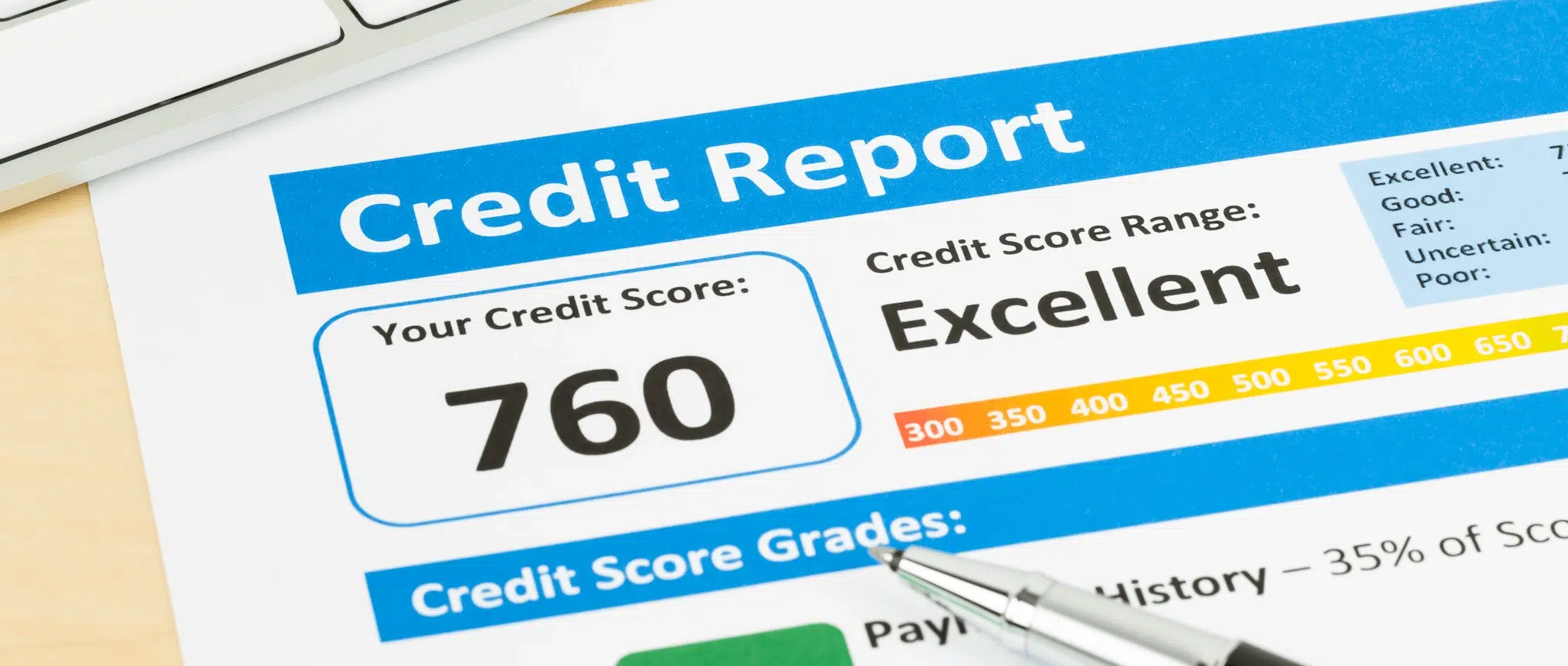
How long does tenant screening take?
21-03-2025 | Screening ProcessTenant screening is a critical step for landlords when looking for new tenants. A rigorous tenant screening process can make such a difference to a landlord as it can lead to less worrying, less problem-solving and fewer headaches. But the screening process contains quite a few steps, so you might be wondering how long does tenant screening take?
We’ll break it down in this guide so landlords and tenants know what to expect and answer that key question: how long does tenant screening take? We’ll zoom in on the essential aspects of the screening process to analyse how long does a tenant background search take? And how long does a tenant credit check take? Let’s find out.
How long does tenant screening take?
The typical timeline for a tenant screening process is one to two weeks. The answer to how long does tenant screening take is variable because landlords often depend on the responsiveness of previous landlords, employers and other parties.
To complete the tenant screening correctly, landlords will need to conduct credit checks (with the written permission of prospective tenants), request and receive references from previous landlords, and meet the prospective tenants face-to-face.
It can seem like a time-consuming process, so reducing how long the tenant screening takes to get rental income sooner might be tempting. However, it’s super important to avoid cutting corners as problems can occur later. This includes completing a detailed background search. So, how long does tenant background search take? Let’s find out.
How long does tenant background search take?
A tenant background search can take anywhere from 24 hours to a week, depending on the level of detail requested or required. It depends on how quickly previous landlords respond and the complexity of the tenant’s history.
In rare cases, a tenant background search can take a few weeks. This could be the case if international records are required. It’s also worth considering the time of year. For example, if a landlord makes a request around bank holidays, the time will be longer.
Another key step includes getting a credit check to ensure a tenant can afford the monthly rent. So, how long does a tenant credit check take? Let’s find out.
How long does a tenant credit check take?
A tenant credit check can usually be completed within 24 hours. It often depends on how long the prospective tenant takes to get back in touch. Landlords must ask prospective tenants for permission to look at their credit reports.
It is crucial for landlords to adhere to UK data protection rules (GDPR) when handling sensitive personal information.
How to reduce the time it takes to complete a tenant screening process
Landlords are understandably keen to speed up the tenant screening process to ensure a steady rental income stream begins – or continues – as soon as possible. While much of the process hinges on external factors out of the landlord’s hands, several tricks can be used to reduce the answer to the question: how long does tenant screening take?
Effective and respectful communication with all parties involved in the screening process is super important. This includes the tenants, their previous landlords, and any other parties involved.
Clear and concise communication can prevent misunderstandings and delays, ensuring that necessary information is obtained promptly. Meanwhile, respectful communication helps build a positive impression and rapport. A positive relationship at this stage could help reduce the chances of tenant and landlord disputes later.
Using technology-driven referencing services can significantly speed up the screening process. These services can automate many of the time-consuming tasks associated with tenant screening. By automating these tasks, referencing services can save landlords considerable time and effort, allowing them to make informed decisions about prospective tenants quickly.
It’s also beneficial for landlords to develop standardised forms and checklists for tenant screening. This means most paperwork is a “copy and paste job” rather than creating new documents each time.
However, when trying to reduce the time it takes to complete a screening process, the most important thing is to conduct it with thorough due diligence. Otherwise, you could run into more serious issues later.
If you notice things are not quite right during the tenant screening process, you can reject a tenant. However, this can be tricky and can have legal implications if you don’t approach it properly and professionally. Check out our guide on how to reject a tenant for more information.
Despite a rigorous screening process, unforeseen events and experiences can still unfold with tenants. Therefore, it’s important to protect your property and investment as much as possible with landlord insurance. To compare landlord insurance quotes, contact us at 01788 818 670 today to find out more, or get a quote online.
We won't be beaten on any like for like landlord insurance quote.
Get a quote


